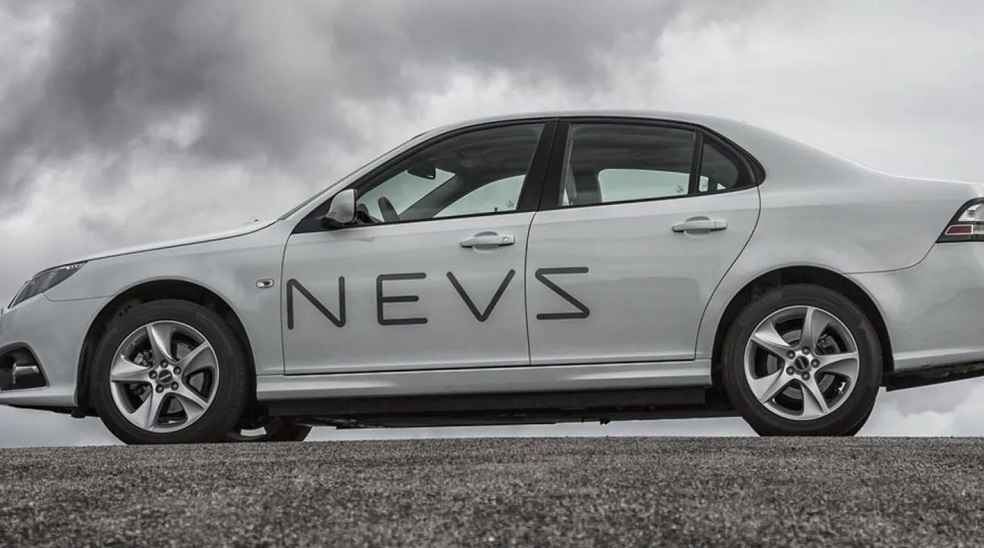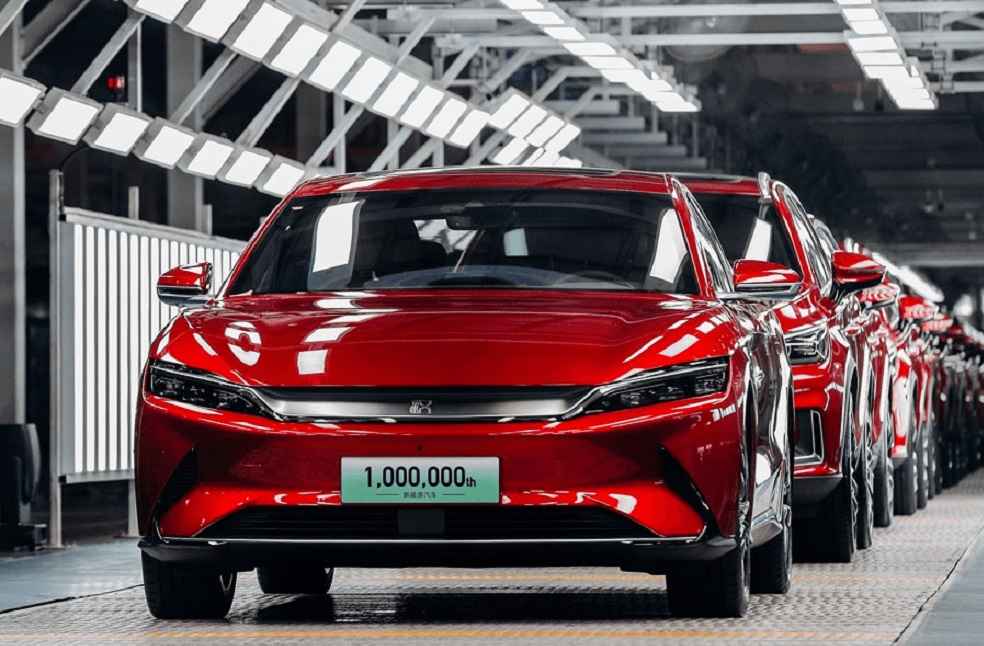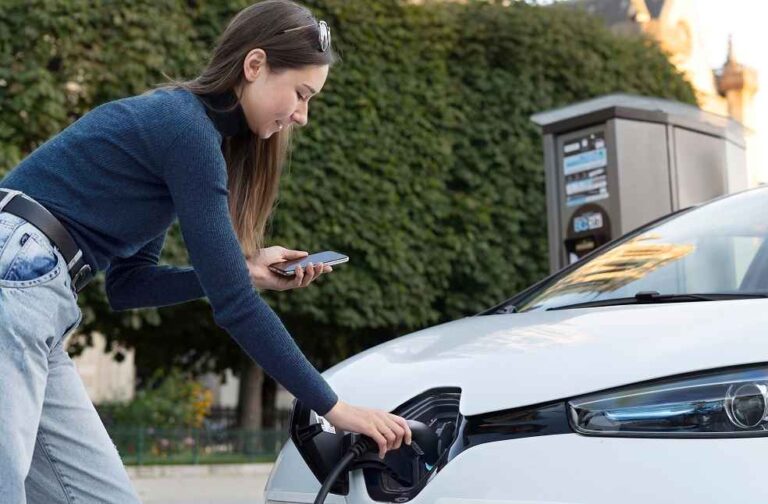Chinese carmakers are accelerating their international operations, fueling sustained and stable industry growth abroad. This expansion marks milestones across various regions, underscoring China’s ambition to lead the global automotive industry, particularly in new energy vehicles (NEVs).
Geely’s new energy pickup truck brand, Radar, established its first subsidiary in Thailand, marking a bold entry into an independently operated international market. The brand, rebranded as Riddara for international audiences, will debut its models at the Thailand Motor Show this November.
Radar began its overseas journey in July 2023, now operating across 17 markets in Latin America, the Middle East, Southeast Asia, Central Asia, and Africa. Among these, the Thai market stands out as a pivotal focus for Radar’s global ambitions in 2024.
Thailand, the largest car producer and second-largest market among the Association of South-East Asian Nations (ASEAN), is undergoing rapid change. In 2023, sales of new energy vehicles surged to 76,300 units, an impressive 684 percent increase year-on-year. Pickup trucks, accounting for over 40 percent of total vehicle sales, offer Radar a unique opportunity to introduce its electric variants. Radar emphasizes the superior reliability, safety, comfort, and cost-effectiveness of electric pickups over their gasoline counterparts.

By leveraging Geely’s resources, Radar introduced the pure electric pickup platform M.A.P, achieving over a 60 percent market share in new energy pickups by 2023, with peak monthly shares reaching 84.2 percent.
BYD, a leading Chinese NEV manufacturer, recently inked a $1 billion deal with Turkiye to open a new production facility. This plant, with an annual capacity of 150,000 vehicles and an R&D center, will create 5,000 jobs. BYD’s NEV business already spans more than 400 cities across 88 countries, with factories in Brazil, Hungary, and Thailand.
BYD’s factory in Uzbekistan began producing its first batch of NEVs in late June. Early July saw the opening of another factory in Rayong, Thailand, capable of building up to 150,000 NEVs annually.
Chinese electric vehicle battery providers are also rapidly establishing overseas factories. Envision AESC recently broke ground on its battery factory in Spain, set to produce advanced lithium iron phosphate (LFP) batteries. Operations are slated to begin in 2026, making this the first factory of its kind in Europe. This marks Envision AESC’s third European facility, adding to its 13 global production bases across France, Japan, the United States, and other countries.

The International Energy Agency reports that China dominates the global LFP battery market, with a two-thirds share in Chinese-made NEVs. Globally, the LFP battery market share surpassed 40 percent in 2023, doubling since 2020. These batteries, known for high safety and cost advantages, attract European and US car manufacturers.
Strategic Localization for Sustainable Growth
Industry insiders recognize overseas localized production as a growing trend. Cui Dongshu, secretary-general of the China Passenger Car Association, noted that regional production hubs mitigate international trade conflicts and balance global resources and interests. He advocates for Chinese companies to integrate into foreign markets, establish local NEV supply chains, and boost employment, ensuring stable growth for the Chinese auto industry globally.
TOP CARS | 2025 Subaru BRZ: Sport Button, New Features, and Great Prices





